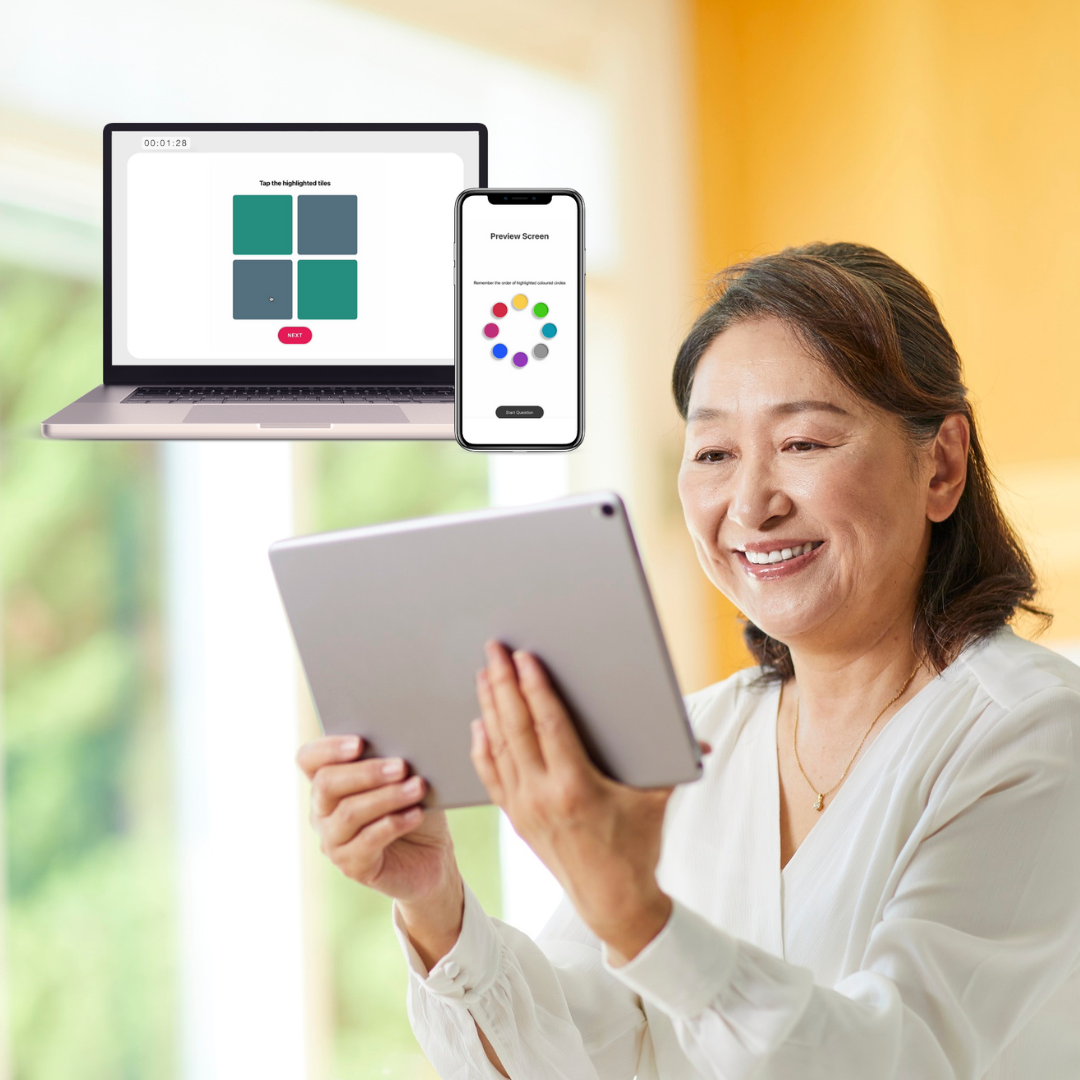[:en]The COVID-19 pandemic has affected all of us – imposing sudden changes in our lives, causing fears about our health, job and finances, as well as the loss of social connections. It is not surprising that the number of calls made to mental health hotlines both in Singapore and globally has gone up substantially, as reported by the Straits Times.

A degree of sadness or anxiety can be normal – and is part of the process of grieving our pre-pandemic way of life that we took for granted, and moving towards acceptance of the new normal.
However, if the intensity of sadness or anxiety is overwhelming, and you notice other changes such as insomnia, irritability, inability to function, and loss of interest in activities or appetite – it is recommended to seek professional attention.
Here are some tips to boost your mental health:
- Be aware of and recognise your feelings, emotions, and thoughts about the current situation. This will make it easier to come to terms with the changes that have occurred.
- Reframe the situation. Many of us tend to think the worst when things happen beyond our control. Instead, ask yourself if your response is out of proportion to the situation. Think back on other situations where you did not think you would get through, but managed to overcome.

- Create an everyday routine. Routines and to-do lists set a structure and pattern to the days and weeks, which help to reduce anxiety. Children also do better on a familiar routine of learning and play time. Remember to set aside time for self-care and relaxation.
- Daily movement – research has shown that daily movement – exercise, dancing, brisk walking, or even stretching – releases endorphins which help to alleviate stress and elevate our mood. It is also good for health!

- Limit time spent on news and social media. Endless scrolling through news updates on COVID-19 may create more anxiety. Set an alarm to alert you to the time limit if necessary.

- Try relaxation techniques. When we are anxious or stressed, we tend to take shallow breaths, which in turn prime us to feel more anxious. Deep breathing exercises help your body to relax, and are also effective for promoting sleep. Try this: inhale as deep as possible while counting to 5, hold your breath for 5 counts, then exhale completely for 5 counts, and repeat the cycle a few times.
- Catch up with family or friends. While we are not able to physically meet our friends or extended family, it is easy to chat with them via video chats or a phone call. As humans are social creatures, it is important to keep in touch with others.

- Religious support. If you have a particular faith belief, spend some extra time this circuit-breaker period to pray, read, and connect with others.
- Don’t be afraid to ask for help. Reach out to friends for a listening ear. There are also many avenues available for help.

Useful Hotlines & Links
- Financial help – The government has allocated COVID-19 support measures for people affected (https://www.singaporebudget.gov.sg/budget_2020).
- Psychological and social help – If you are facing overwhelming sadness, anxiety, distress, or problems at home, please seek help at one of the hotlines below:
Community Psychology Hub Online Counselling: https://www.cphonlinecounselling.sg/
Fei Yue Community Services Online Counselling: www.ec2.sg
National Care Hotline: 6202-6868
Samaritans of Singapore (24 hour): 1800-221-4444
IMH Mental Health Helpline: 3689-2222[:cn]The COVID-19 pandemic has affected all of us – imposing sudden changes in our lives, causing fears about our health, job and finances, as well as the loss of social connections. It is not surprising that the number of calls made to mental health hotlines both in Singapore and globally has gone up substantially, as reported by the Straits Times.

A degree of sadness or anxiety can be normal – and is part of the process of grieving our pre-pandemic way of life that we took for granted, and moving towards acceptance of the new normal.
However, if the intensity of sadness or anxiety is overwhelming, and you notice other changes such as insomnia, irritability, inability to function, and loss of interest in activities or appetite – it is recommended to seek professional attention.
Here are some tips to boost your mental health:
- Be aware of and recognise your feelings, emotions, and thoughts about the current situation. This will make it easier to come to terms with the changes that have occurred.
- Reframe the situation. Many of us tend to think the worst when things happen beyond our control. Instead, ask yourself if your response is out of proportion to the situation. Think back on other situations where you did not think you would get through, but managed to overcome.

- Create an everyday routine. Routines and to-do lists set a structure and pattern to the days and weeks, which help to reduce anxiety. Children also do better on a familiar routine of learning and play time. Remember to set aside time for self-care and relaxation.
- Daily movement – research has shown that daily movement – exercise, dancing, brisk walking, or even stretching – releases endorphins which help to alleviate stress and elevate our mood. It is also good for health!

- Limit time spent on news and social media. Endless scrolling through news updates on COVID-19 may create more anxiety. Set an alarm to alert you to the time limit if necessary.

- Try relaxation techniques. When we are anxious or stressed, we tend to take shallow breaths, which in turn prime us to feel more anxious. Deep breathing exercises help your body to relax, and are also effective for promoting sleep. Try this: inhale as deep as possible while counting to 5, hold your breath for 5 counts, then exhale completely for 5 counts, and repeat the cycle a few times.
- Catch up with family or friends. While we are not able to physically meet our friends or extended family, it is easy to chat with them via video chats or a phone call. As humans are social creatures, it is important to keep in touch with others.

- Religious support. If you have a particular faith belief, spend some extra time this circuit-breaker period to pray, read, and connect with others.
- Don’t be afraid to ask for help. Reach out to friends for a listening ear. There are also many avenues available for help.

Useful Hotlines & Links
- Financial help – The government has allocated COVID-19 support measures for people affected (https://www.singaporebudget.gov.sg/budget_2020).
- Psychological and social help – If you are facing overwhelming sadness, anxiety, distress, or problems at home, please seek help at one of the hotlines below:
Community Psychology Hub Online Counselling: https://www.cphonlinecounselling.sg/
Fei Yue Community Services Online Counselling: www.ec2.sg
National Care Hotline: 6202-6868
Samaritans of Singapore (24 hour): 1800-221-4444
IMH Mental Health Helpline: 3689-2222[:]



